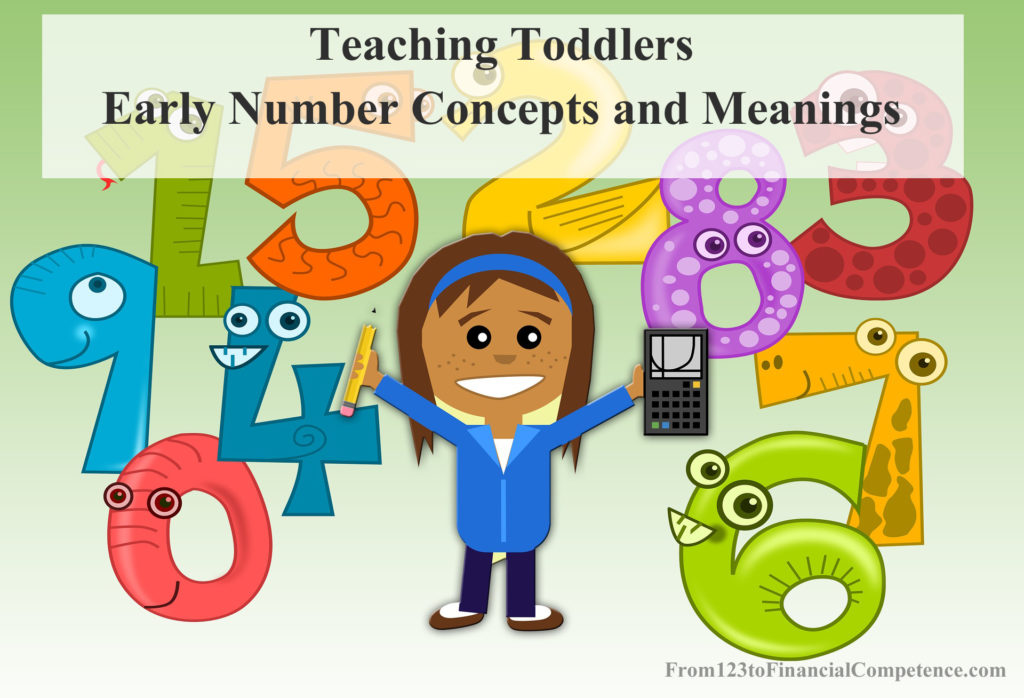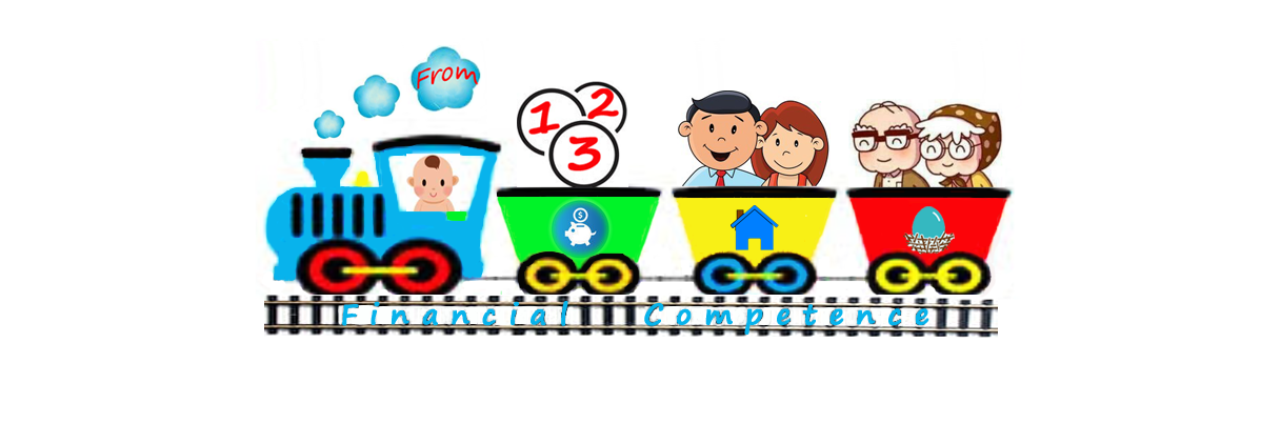A few days ago, I got frustrated with my daughter.

**************************************************************************
I held up two books and asked her in Mandarin, “Mama is holding how many books?”.
She placed her pointer finger on her lips. While tilting her head, she responded with a smile, “one”.
I took a deep breath. “Mama is holding two books”, I corrected her.
I asked her to count the books. “One, two”, Ruby counted aloud as her pointer finger touched each book. She counted two books. She must be aware that I am holding two books, I thought to myself.
Trying again, I placed one book on the floor while still holding the other one up in my hand. I asked Ruby to tell me how many books I was holding. This time, she responded, “one”.
“Really?” I asked for confirmation.
“Two?”, Ruby changed her response.
**************************************************************************
That exercise has brought to my attention that my daughter might not know the meaning of the number 1 or number 2. My heart was a little crushed.
At 26-months old, Ruby can count (rote counting, as I later learned) from 1 to 20 in both English and Mandarin. When asked, she can count the number of objects up to 20 as she pointed at each. Her development of mathematical concepts has came a long way. Just a few weeks ago she was skipping the number, 7, as she was rote counting up to 10. My husband’s hypothesis was that the number 7 is more challenging because this is the only number that has two syllables. A couple weeks later, Ruby was saying the number, 7, as she rote counted from 1 to 20.
About a week ago, as I listened to the sweet voice of my daughter counting, I was already thinking about the next lesson plan. I also went on to make lots of assumptions about Ruby’s math abilities.
For instance, if I put two blueberries on a plate and ask her, “How many blueberries are on the plate?”, she must know the correct response. She has demonstrated she could count while pointing to objects. To answer correctly, she would begin counting the number of blueberries on the plate, starting at 1. She would then move on to say “2” on the second count. And then stop at “2”. There would be no more blueberries to count after the number, 2.
Here was another assumption I’ve also made. At one time, Ruby correctly handed me three pieces of cashews when being asked. From that event, I was quick to assume she knew the meaning of the number, 3, and that she also knew what the count meant. Yet, as I later realized, I assisted her when I counted aloud as she placed one piece at a time on my hand.
Yes, I certainly made lots of assumptions about my daughter’s math capabilities. The moment of truth came when she and I did the exercise I described in the opening of this post. First, I was in denial. As I insisted that she and I practice more, Ruby lost interest and gestured that we move on to another activity. Then, I became frustrated with her. I tried to get Ruby back on task without success. She threw herself on the floor and kept crying, “no, no, no”.
Fortunately, I noticed what I was doing and immediately switched gears. At that moment, I put on my psychologist hat. Ruby was showing all kinds of verbal and nonverbal signs that she was not ready to do what I set out for her.
“Am I seeing embarrassment on my daughter’s face? Why is she looking down at the floor rather than at me? Her left hand is scratching her ankle. She does this whens he feels nervous and/or overwhelmed. Am I making her feel uneasy?” All kinds of concerning thoughts flooded my head at once.
Within minutes, I moved from denial to frustration to feeling guilty to feeling terrible with the way I interacted with my daughter. Pushing Ruby beyond her readiness is not what I want, yet, I was behaving like an over-ambitious parent at that moment.
As soon I came to that realization, I’ve decided to learn about how young children acquire math concepts and meanings. When do certain math abilities emerge? How can my husband and I support Ruby and help her learn early math skills that build on her natural curiosity, while having fun together, too? I had so many questions. Years of advanced training in child development didn’t prepare me for all this.
I’ve learned so much during the past few days. And I’m very much looking forward to sharing the knowledge with you here. Stay tuned for my series on young children’s development of mathematical concepts!


Comments are closed.